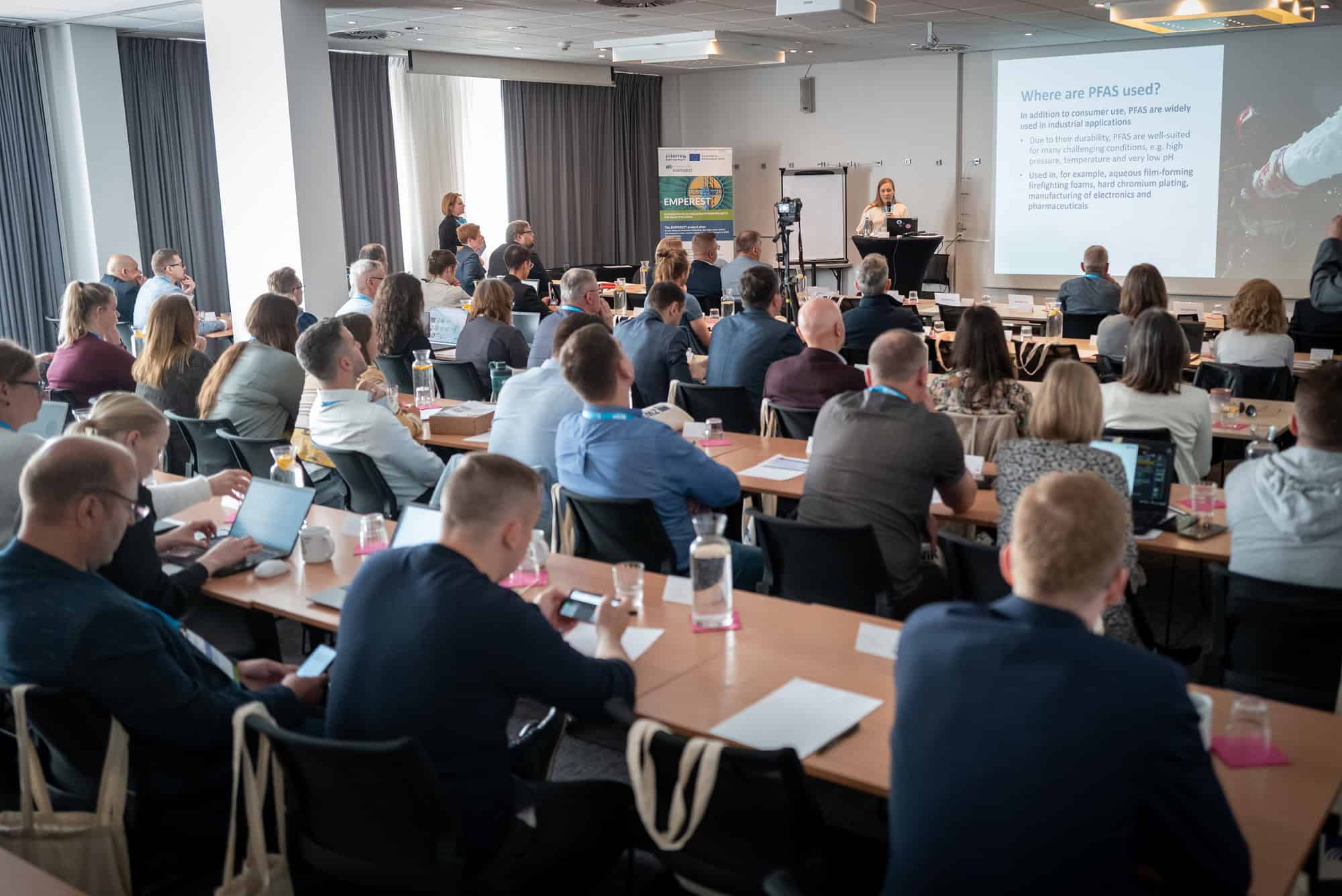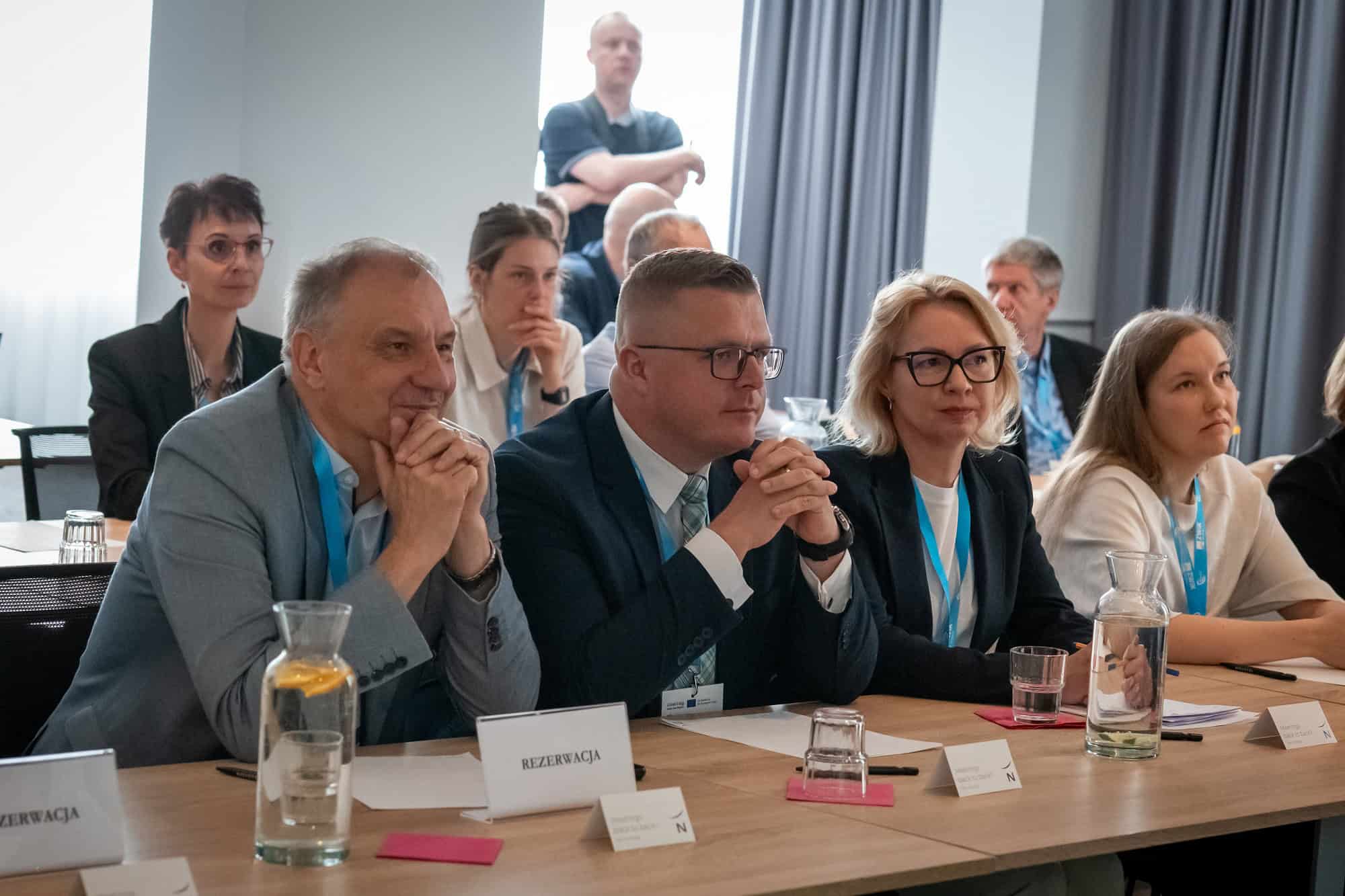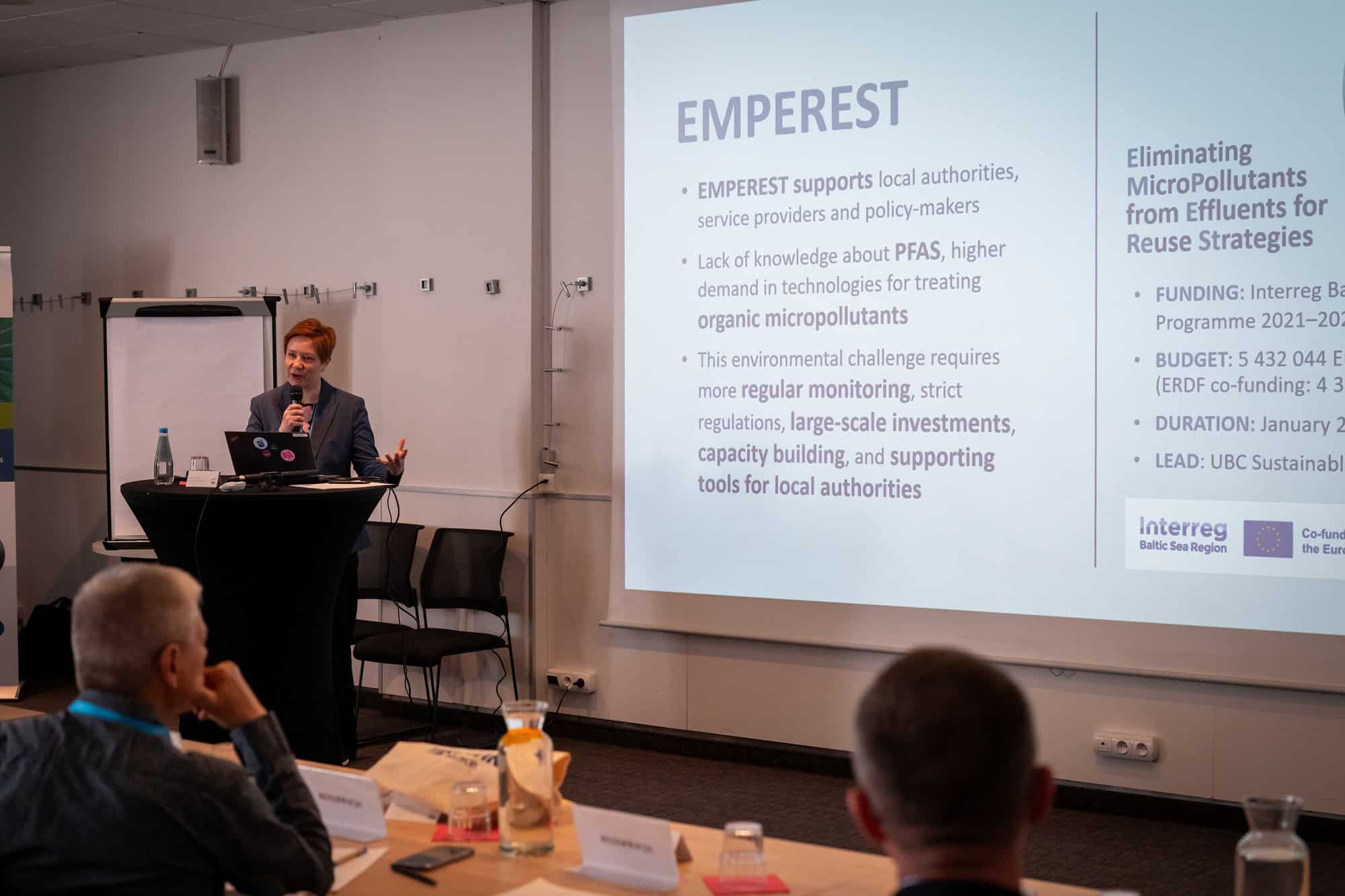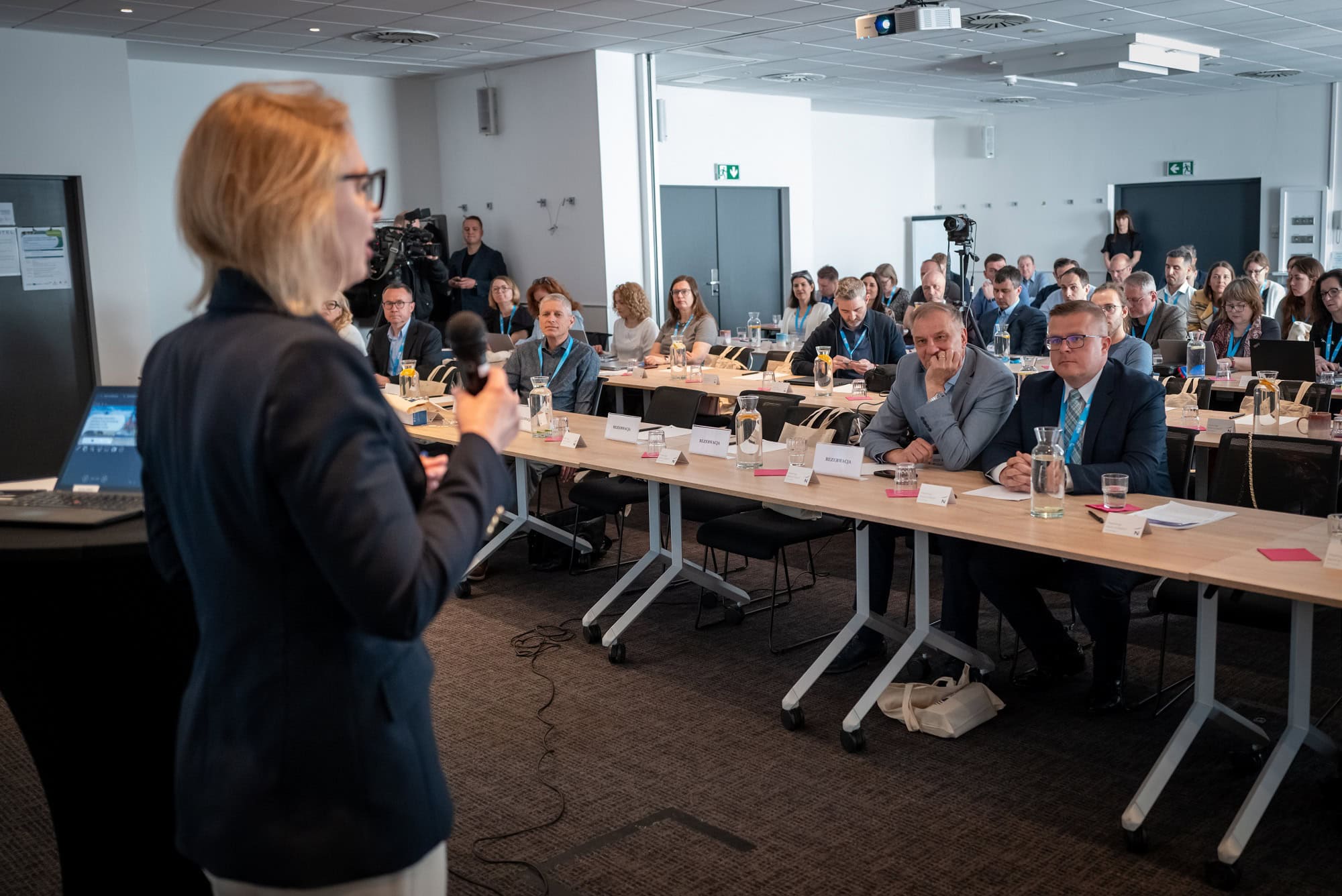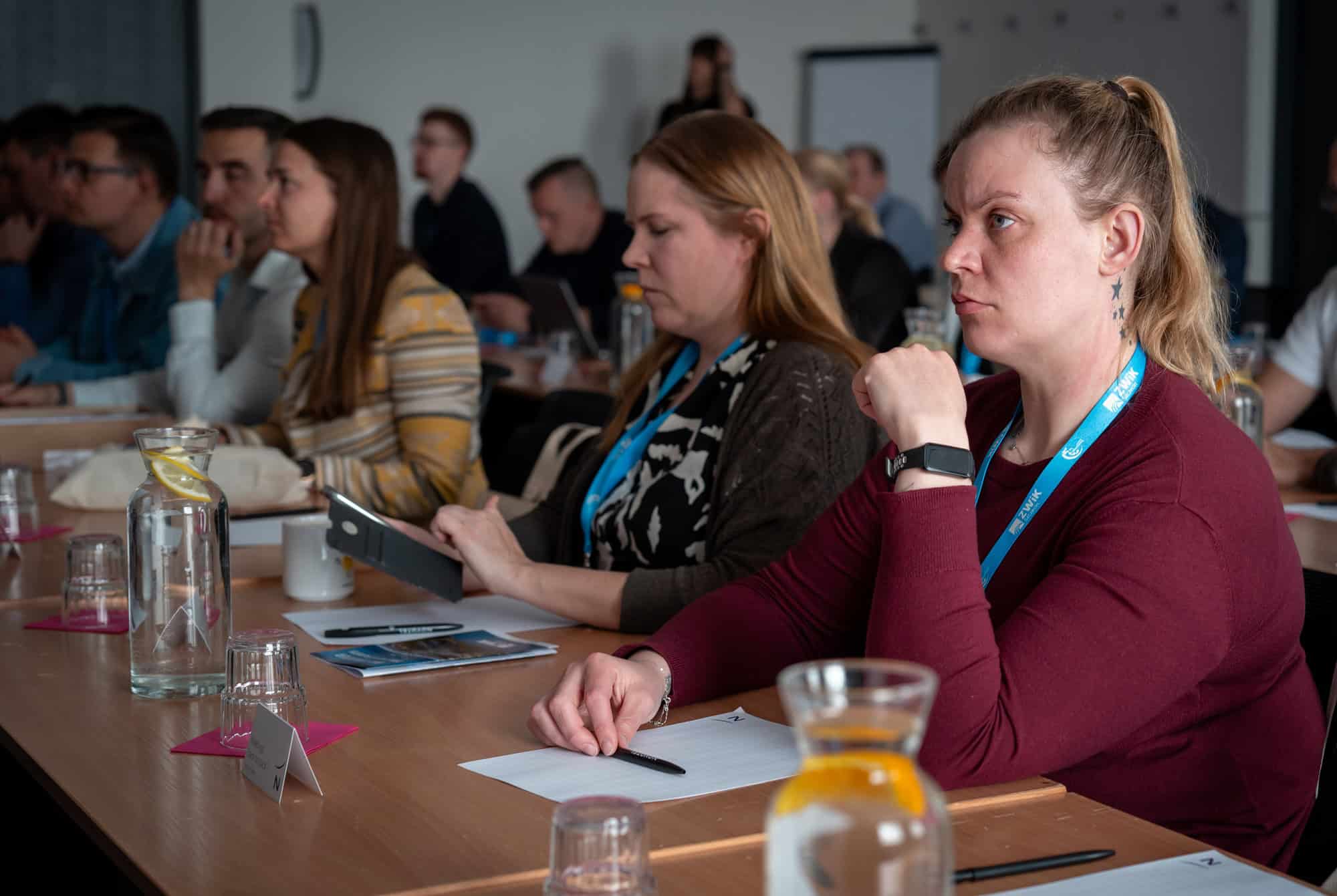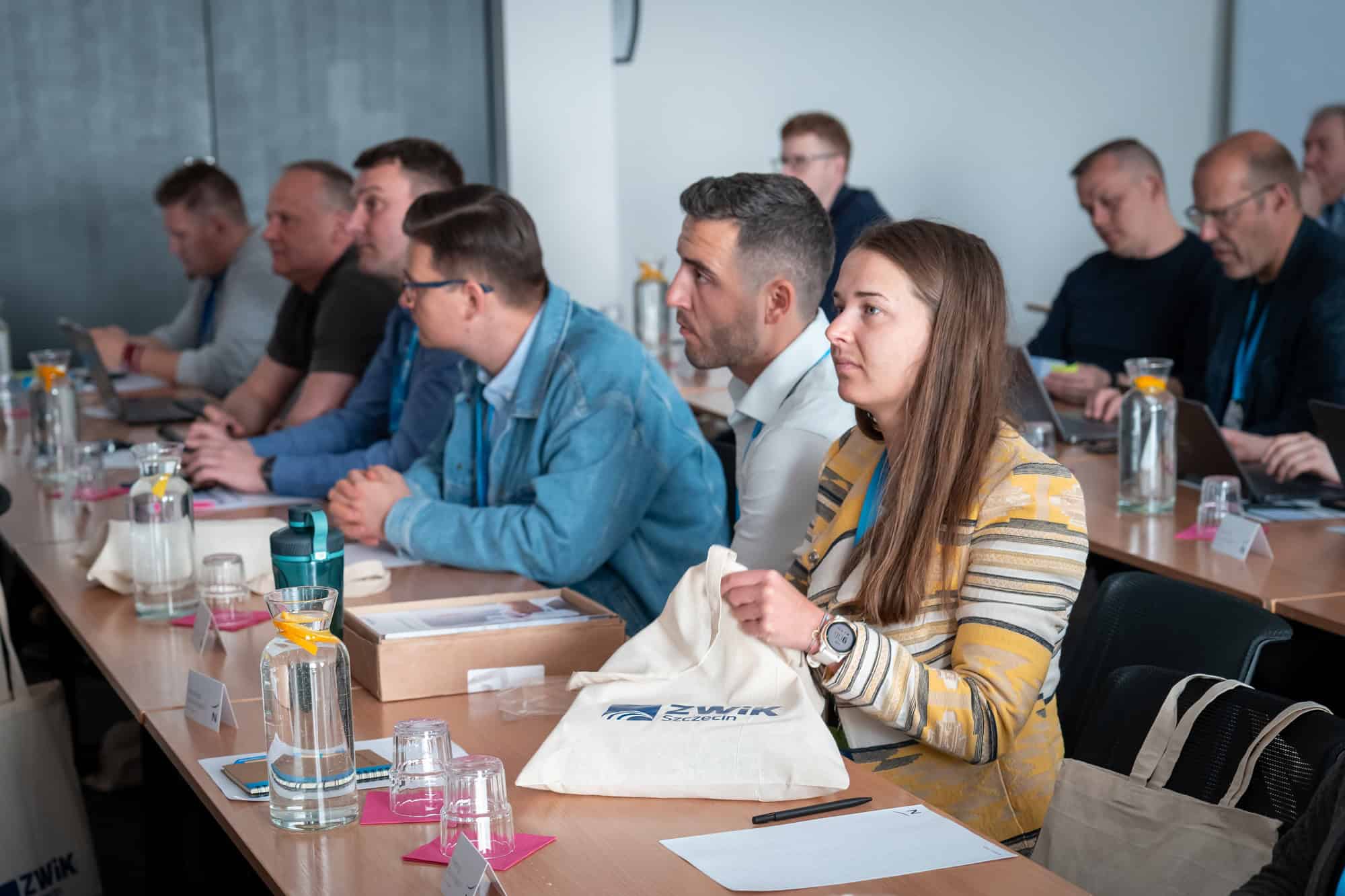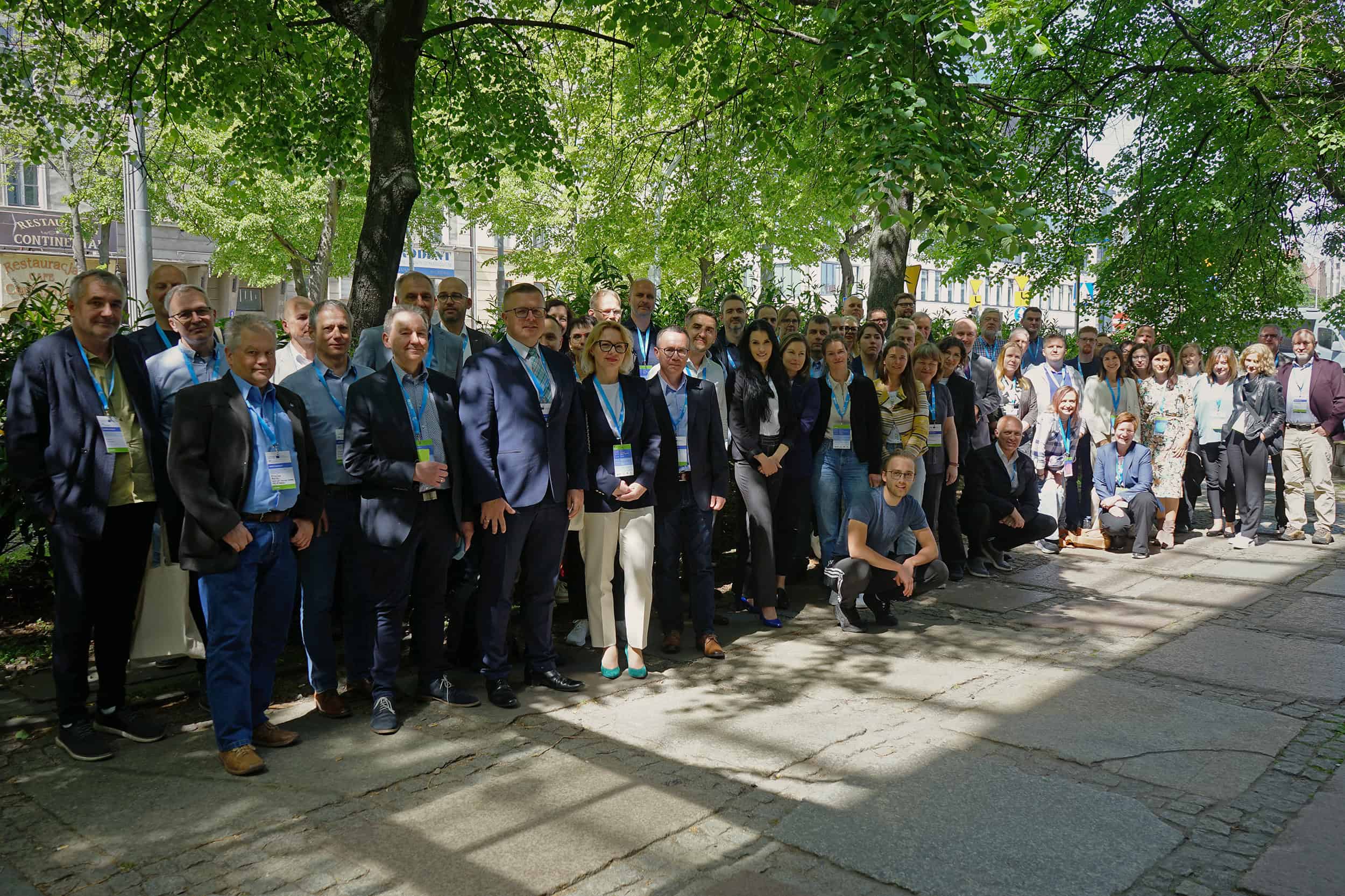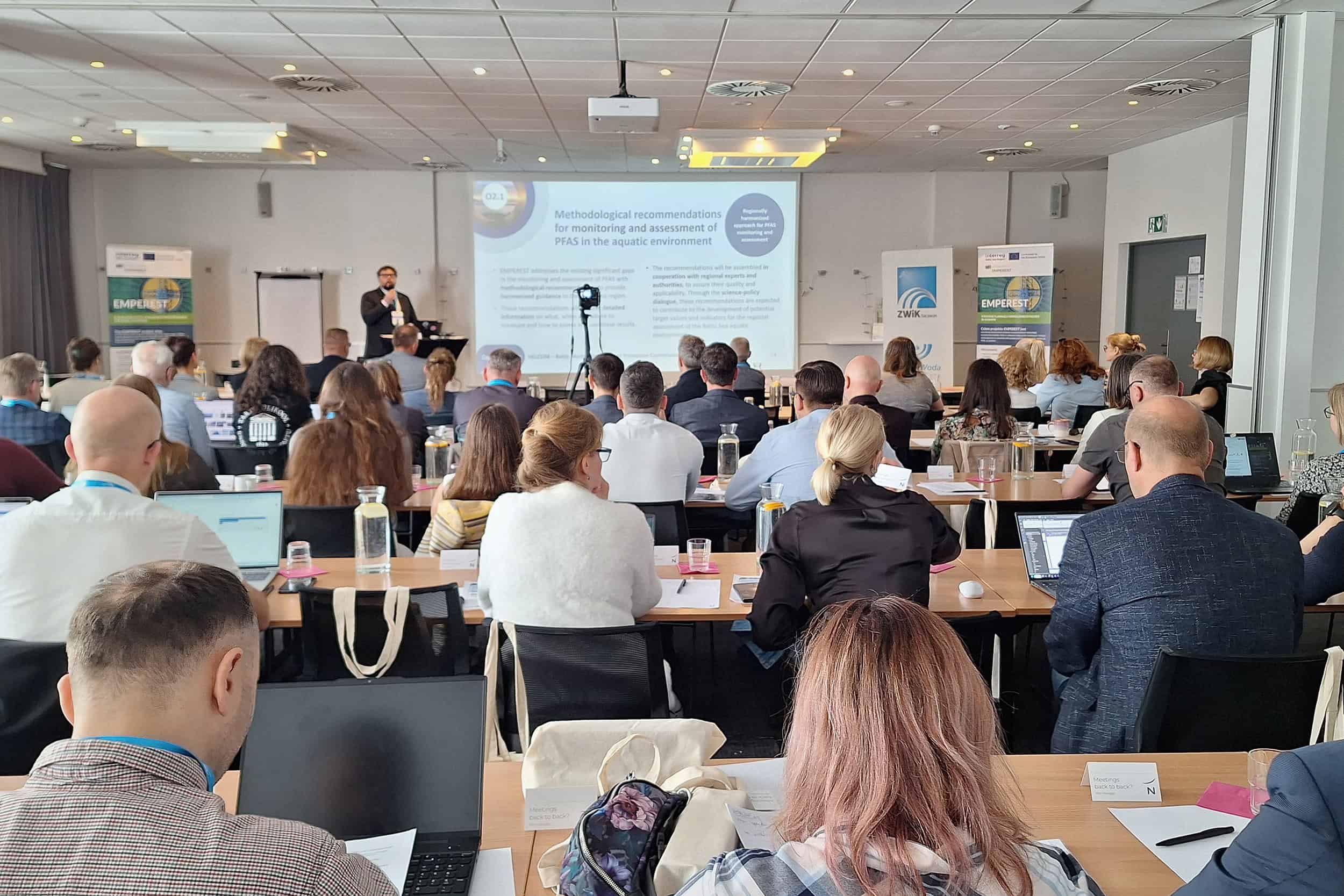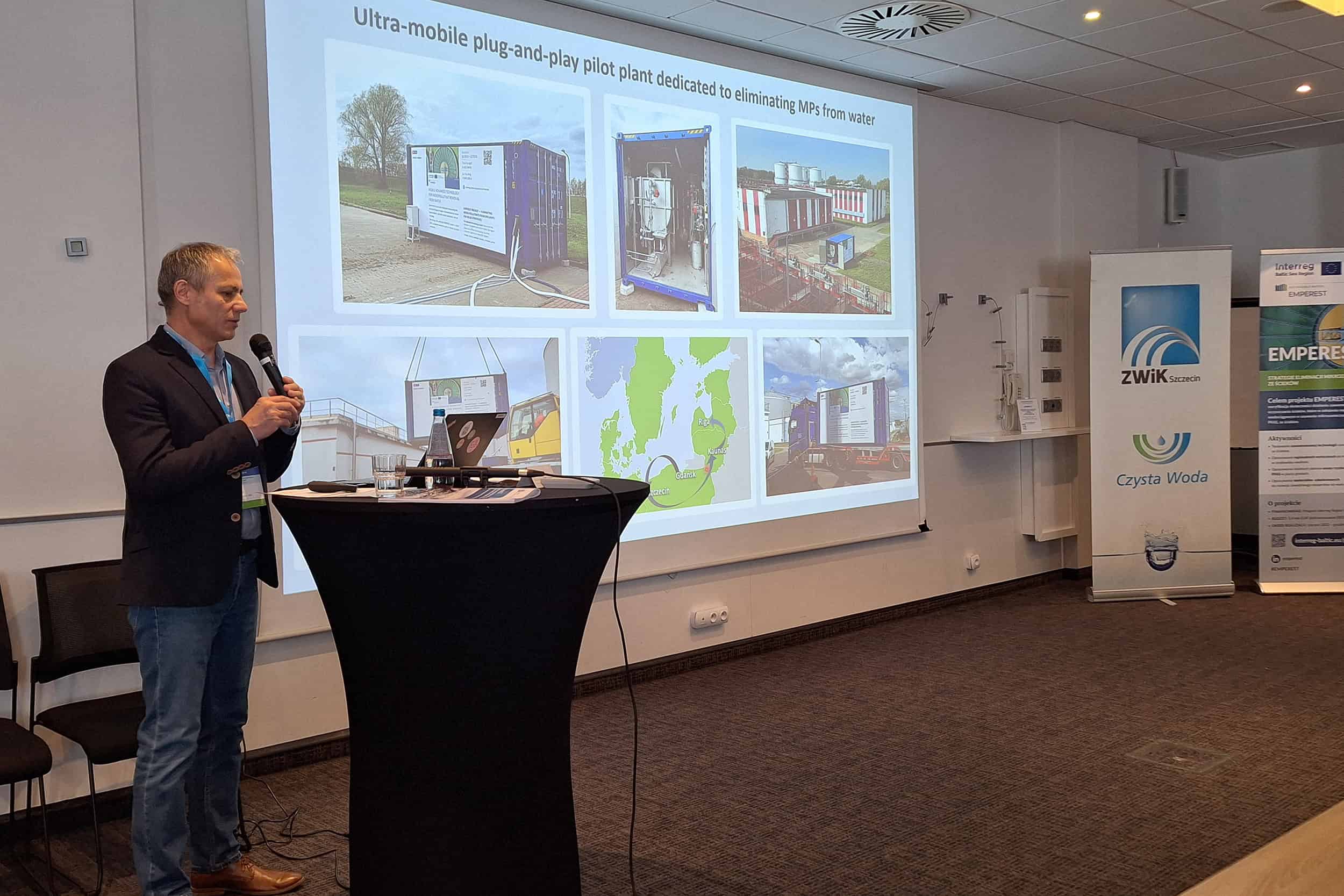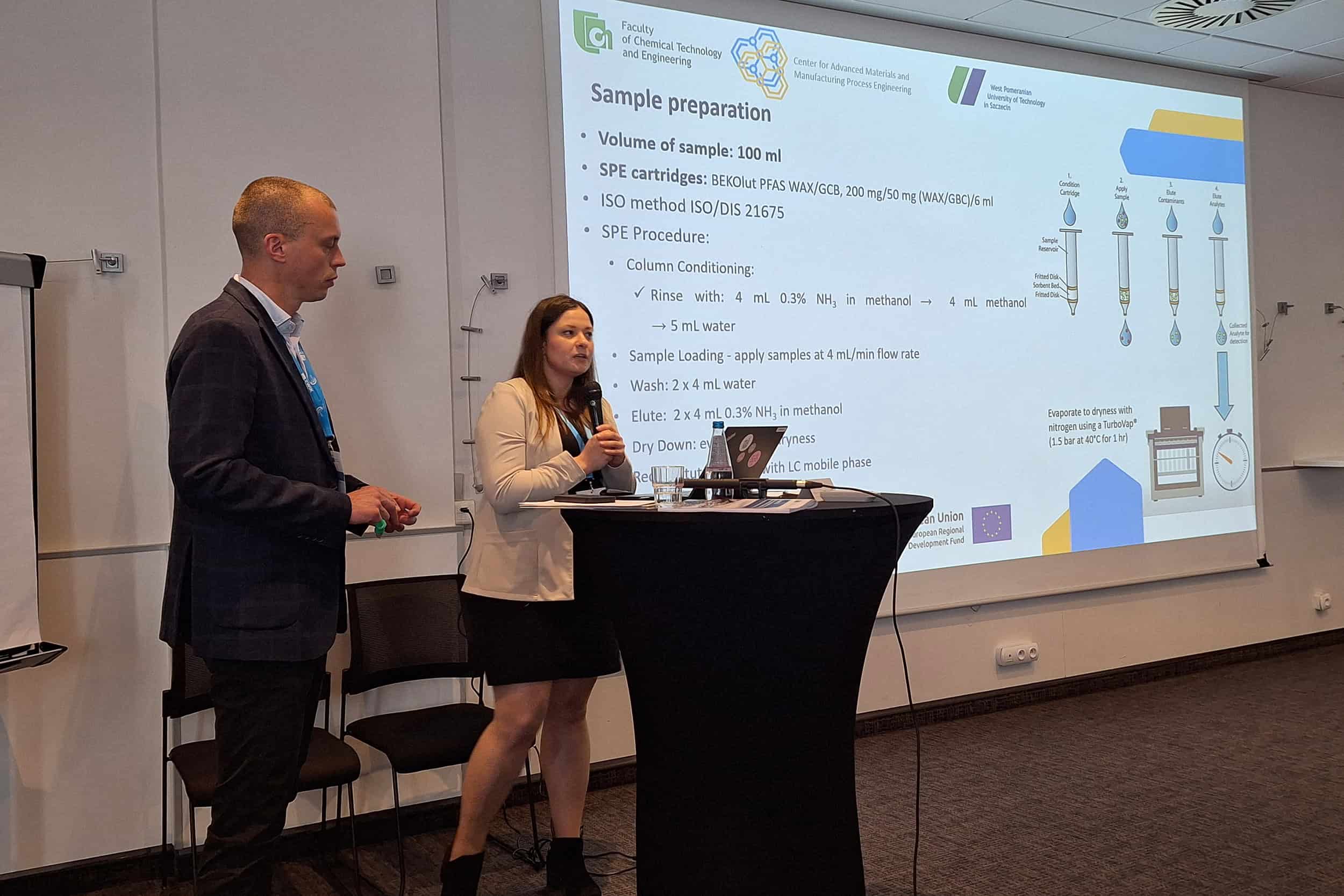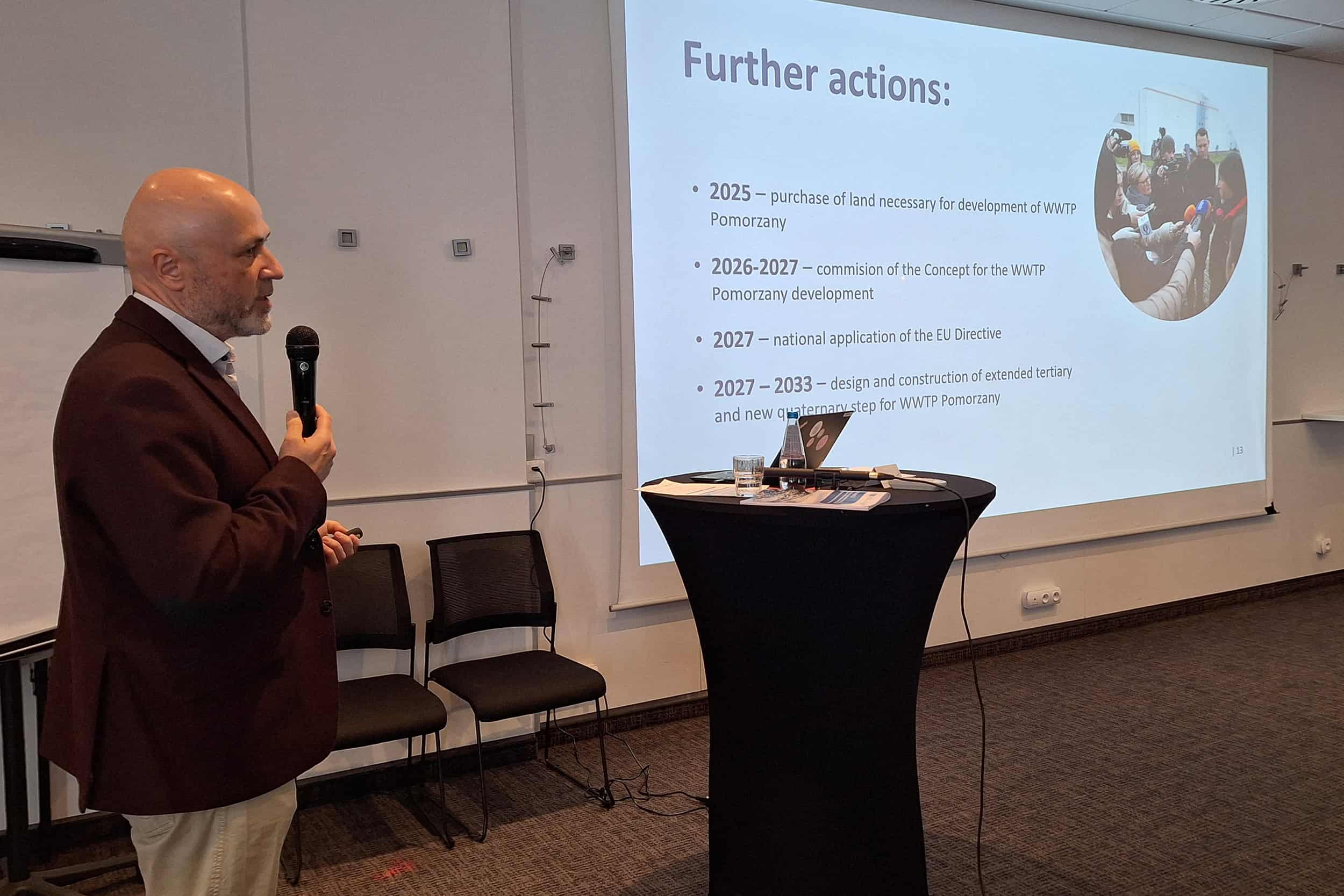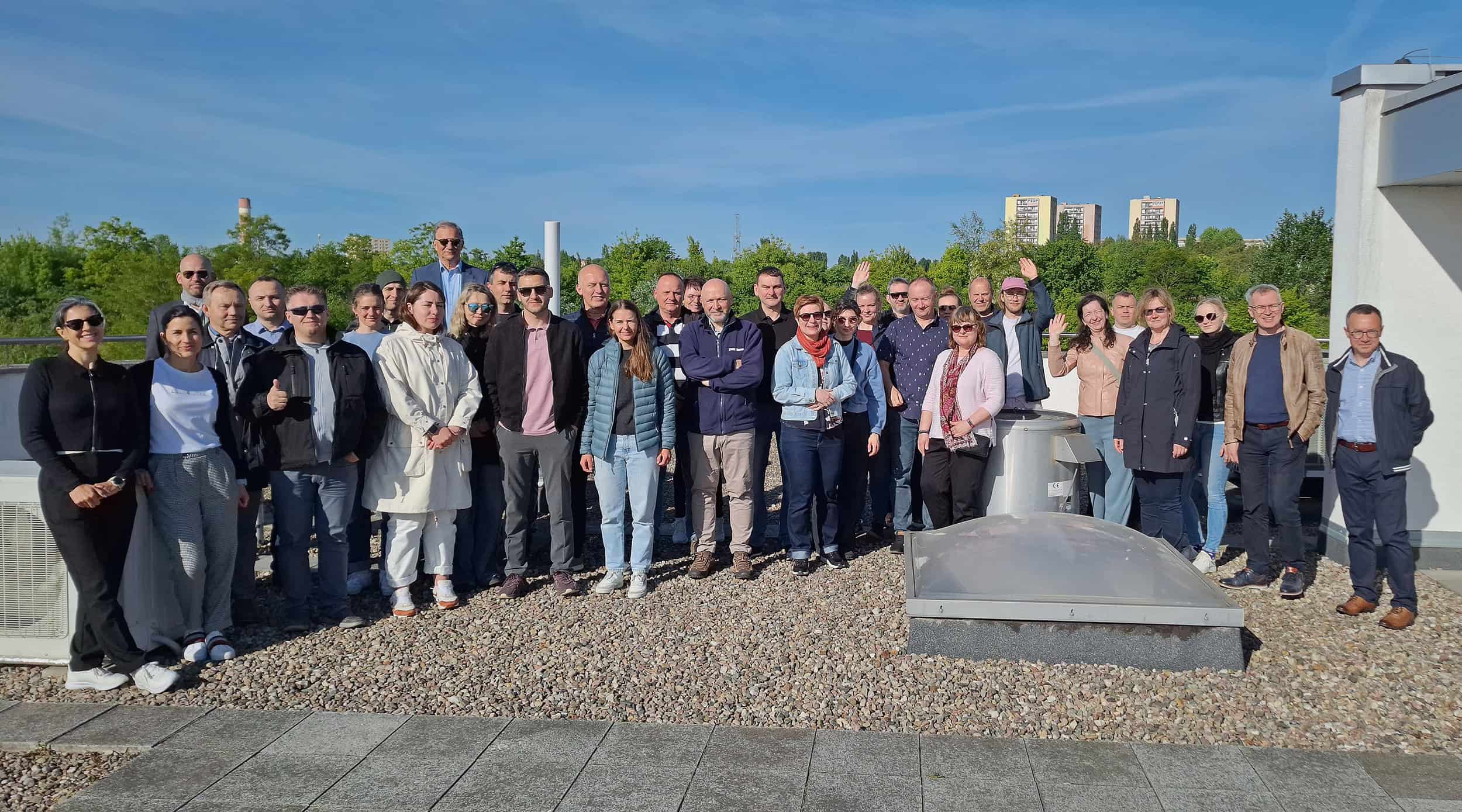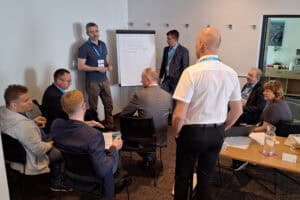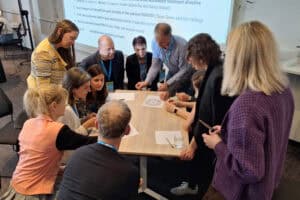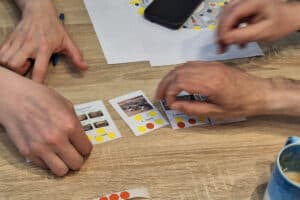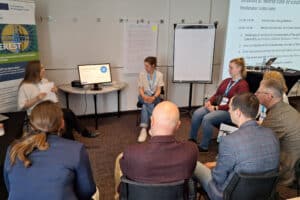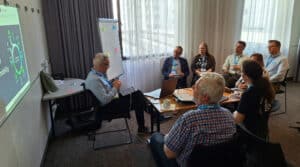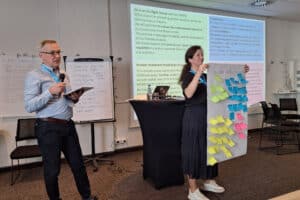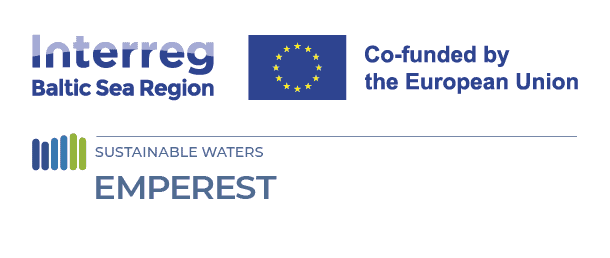
EMPEREST workshop in Szczecin tackles micropollutants in wastewater
06 June 2025
The workshop “Unlocking innovative solutions and developing capacities in the wastewater sector” hosted by the Water and Sewage Company Ltd. of Szczecin brought together 70 participants from water utilities, companies and universities to confront one of the water sector’s most pressing challenges: the removal of organic micropollutants from wastewater. Under the recast Urban Wastewater Treatment Directive (UWWTD), the event provided a timely platform for discussion, knowledge sharing, and innovation.
Participants explored advanced wastewater treatment technologies, with a strong focus on tackling PFAS, often called “forever chemicals”. Presentations highlighted the evolving landscape of quaternary treatment, shared insights from EMPEREST pilot studies, and discussed various intricacies of treating organic micropollutants, e.g. sampling and analysis.
One of the event highlights was the companies’ fair organized to support water utilities. Three enterprises joined the open workshop, equipped with the engaging stands: Elme Messer Gaas AS, Probiko-Aqua and Jacobi Carbons. They showcased their efficient solutions for wastewater treatment to the operators from the region and together discussed the technologies that will be needed for the advanced treatment of micropollutants on the full-scale.
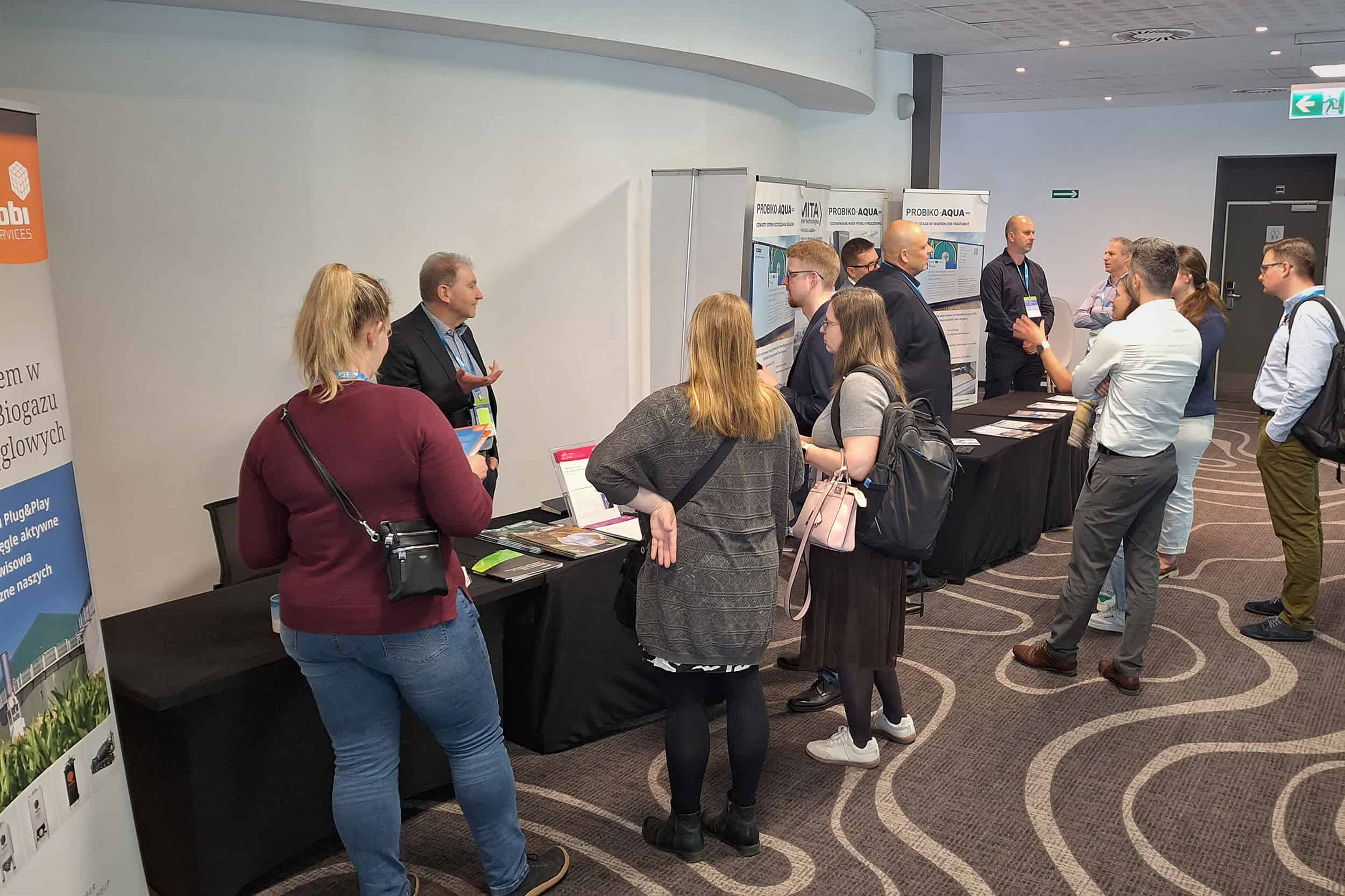
The workshop concluded with an engaging World Café of Solutions boosting cross-sectoral dialogue. Attendees rotated between four stations, each addressing a crucial side of the complex topic: implementing the Urban Wastewater Treatment Directive, discussing how can the polluter-pays principle work in practice, identifying PFAS hotspots in cities, and exchanging effective experiences of raising public awareness.
Participants shared best practices from their cities and discussed various concerns, for example, how to define the risk areas for the recast UWWTD, or how to reach energy neutrality at wastewater treatment plants. At the polluter-pays principle station, groups could vote if they thought that the proposed EU regulations were already clear enough, or further adjustments (simplification of procedures or clarification of measures) were needed to enable the implementation on the ground. At the table focusing on PFAS hotspots, participants could play an interactive game and through that get to know more about potential PFAS sources both in their cities and even in their own households. Exchanging opinions in public awareness campaigns, all international experts emphasized the importance of starting education from the young age, to raise a generation of sustainability-conscious citizens.
This workshop has further advanced the conversation around wastewater treatment in Poland and the Baltic Sea Region, and planted many seeds for fruitful partnerships to create a safer urban water future! At the closing of the workshop, all participants have been invited to save the date and join the final conference of the EMPEREST project coming on 19-20 November 2025 in Berlin.
